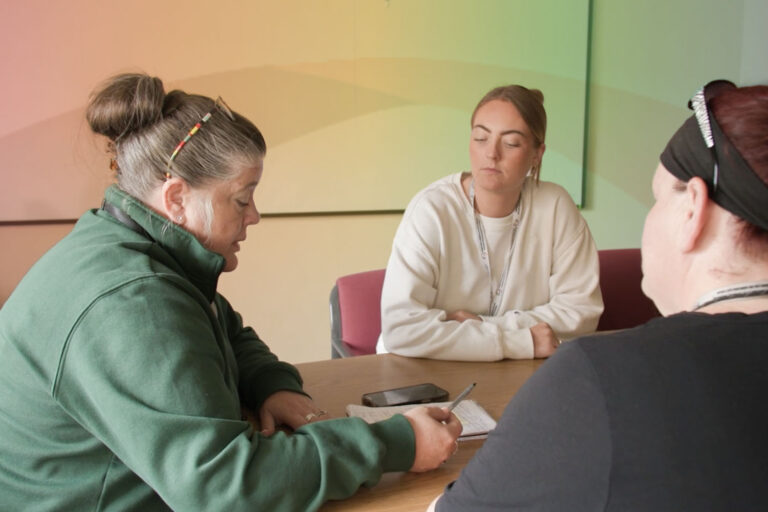As many of you know, we’re all about creating work that matters. This can come in a variety of forms, whether that be through developing campaigns to grow the economy or generating awareness about a health issue. This time, it’s the latter.
In working with the Lillehei Heart Institute at the University of Minnesota Medical School, in partnership with the School of Public Health and the Department of Family Medicine and Community Health, we have spent the past several years on a journey to positively impact heart health.
The initiative, Ask About Aspirin, has been a complex campaign with a simple message: ask your doctor if a daily low dose aspirin is right for you. (Doing so can, quite literally, mean the difference between life and death.) The campaign included a website dedicated to the initiative complete with a self-assessment and a plethora of resources on aspirin. A recent video, recognized with a national Digital Health Award from the Health Information Resource Center. The annual competition recognizes the world’s best digital health resources.
Ask About Aspirin is an educational campaign promoting the use of daily aspirin as a preventive measure for first heart attacks and strokes among specific populations. The campaign recently received a national digital health award from the Health Information Resource Center for the “Busy Morning” video, which depicts how easy it is to make daily aspirin use part of a regular routine. A toolkit was provided to ensure more than 200 clinic partners could help share this important message through outreach materials, educational videos and social media platforms.
The result?
Ask About Aspirin is one of the largest, most successful aspirin initiatives in the country. It has been highlighted in numerous publications and medical journals, and achieved the following to date:
- More than one million visits to the website;
- Over 80,000 self-assessments taken;
- Reach of 61 million on social media and 360,000 engagements.
Why it matters:
Cardiovascular disease remains a leading cause of death. While taking low dose aspirin as a preventative measure is an approach that health organizations – including the American Heart Association – recommend, far too few have done so. Ask About Aspirin was designed to lower the risk of cardiovascular disease through prevention awareness and educational tools – like the online self-assessment – to help determine whether low dose aspirin is right for them. Through this initiative, the message was highly visible – and heard.





